Building a Financially Self-Sustaining Community of Muslamic Makers
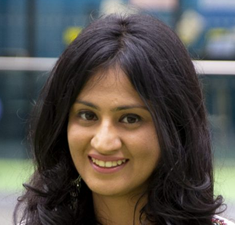 In addition to practicing community management as a profession, many of the listeners, guests, and even members of the team behind Community Signal, manage communities part-time. These might be communities that align with our personal passions or hobbies or communities that exist specifically to help ourselves and others grow. That is exactly the mission of Muslamic Makers. Co-founded by Arfah Farooq, who joins us for this episode, Muslamic Makers is a community of Muslim changemakers who work in the tech industry.
In addition to practicing community management as a profession, many of the listeners, guests, and even members of the team behind Community Signal, manage communities part-time. These might be communities that align with our personal passions or hobbies or communities that exist specifically to help ourselves and others grow. That is exactly the mission of Muslamic Makers. Co-founded by Arfah Farooq, who joins us for this episode, Muslamic Makers is a community of Muslim changemakers who work in the tech industry.
This April marks the fifth birthday of Muslamic Makers and Arfah discusses how the community has grown during that time and how she sees it growing into the future. Muslamic Makers takes pride in offering thoughtful programming that is largely free to its community, and Arfah shares how she and her team are thoughtfully working to keep it that way. Tech companies want access to diverse communities when it comes to hiring and in exchange for sponsorship opportunities, the Muslamic Makers community offers them just that. Arfah also discusses the importance of documenting the processes that keep the community running, so that the community can continue running, whether she’s managing the day-to-day or not. It’s always refreshing to hear that the practices that keep our “professional” communities healthy and well-managed are the same practices that we should try applying to our own personal communities, too.
Arfah and Patrick also discuss:
- Keeping a community independent, self-sustaining, and affordable to its members
- Adapting and enforcing your community’s Code of Conduct as you grow
- How the pandemic has helped the Muslamic Makers community grow beyond its roots in London
This episode is the first that we’ve released since the devastating shooting that left eight people in Atlanta dead, including six Asian women. Their names were Daoyou Feng, Hyun Jung Grant, Soon Chung Park, Suncha Kim, Yong Ae Yue, and Xiaojie Tan. The other two people who were killed were Delaina Ashley Yaun and Paul Andre Michels. One man, Elcias R. Hernandez-Ortiz, was seriously injured. As a team, we’ve reflected on how our work in communities matters when it comes to stopping hate. As Patrick says in this episode, “when we educate ourselves about what anti-Asian hatred looks like and we take action against it, we are part of the solution.”
Continue reading “Building a Financially Self-Sustaining Community of Muslamic Makers”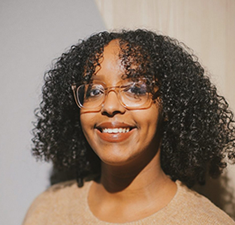 The field of community management is buzzing. We have more tools available to us than ever before and an abundance of communities and resources to connect us with fellow professionals who know our work and want to share knowledge. But what goes into creating inclusive, diverse, and truly open and welcoming spaces for community professionals? Who is given a platform to share knowledge?
The field of community management is buzzing. We have more tools available to us than ever before and an abundance of communities and resources to connect us with fellow professionals who know our work and want to share knowledge. But what goes into creating inclusive, diverse, and truly open and welcoming spaces for community professionals? Who is given a platform to share knowledge?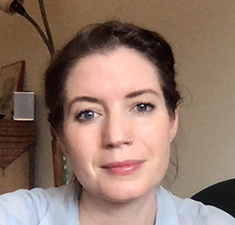 What would happen if you woke up tomorrow and couldn’t share any news articles on Facebook? How would that impact the communities that you manage or the way you share information with family and friends? What if this ban included information provided by emergency services agencies for things like natural disasters, wildfires, and domestic violence? This situation is not a hypothetical one for Australian users of Facebook. Just last week, after Facebook failed to make an agreement to pay Australian news organizations for linking to their content, the company issued a ban that prevents sharing Australian or international news content on the platform.
What would happen if you woke up tomorrow and couldn’t share any news articles on Facebook? How would that impact the communities that you manage or the way you share information with family and friends? What if this ban included information provided by emergency services agencies for things like natural disasters, wildfires, and domestic violence? This situation is not a hypothetical one for Australian users of Facebook. Just last week, after Facebook failed to make an agreement to pay Australian news organizations for linking to their content, the company issued a ban that prevents sharing Australian or international news content on the platform.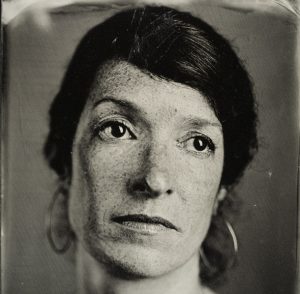 What are the topics of discussion that you would expect to come across in a weather community? Storms, climate change, and forecast accuracy are part of the conversation.
What are the topics of discussion that you would expect to come across in a weather community? Storms, climate change, and forecast accuracy are part of the conversation.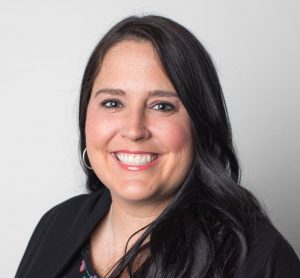 If you have ever used Google to look up a restaurant you wanted to eat at or to research before visiting someplace new to you, you’ve probably depended on information contributed by a Local Guide.
If you have ever used Google to look up a restaurant you wanted to eat at or to research before visiting someplace new to you, you’ve probably depended on information contributed by a Local Guide. 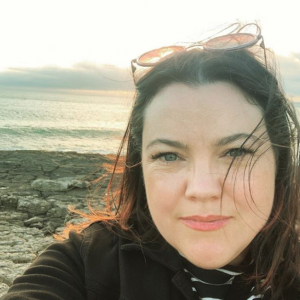 If you were building a community product, how would you start? Who would you choose as your first hire? What efforts would you make to ensure that the product is inclusive, safe, and well-moderated?
If you were building a community product, how would you start? Who would you choose as your first hire? What efforts would you make to ensure that the product is inclusive, safe, and well-moderated?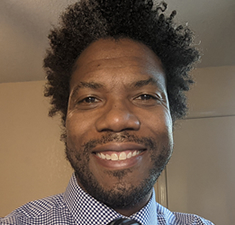 There are many different categories of diversity and, as community practitioners, continuously learning about them and questioning our assumptions will only help us build more inclusive communities. In this episode of Community Signal, we’re joined by
There are many different categories of diversity and, as community practitioners, continuously learning about them and questioning our assumptions will only help us build more inclusive communities. In this episode of Community Signal, we’re joined by 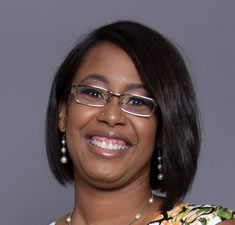 This episode marks 5 years of Community Signal! If you tune in, you’ll hear Patrick share a thank you for the incredible guests and collaborators that have helped get us here, in addition to the sponsors and Patreon supporters that have generously supported this work. We’re proud to share the stories and learnings of our peers in the community industry and Patrick, Karn, and myself look forward to speaking to more of you! If you ever have feedback on the show or want to suggest a guest, we’d love to hear from you. Please
This episode marks 5 years of Community Signal! If you tune in, you’ll hear Patrick share a thank you for the incredible guests and collaborators that have helped get us here, in addition to the sponsors and Patreon supporters that have generously supported this work. We’re proud to share the stories and learnings of our peers in the community industry and Patrick, Karn, and myself look forward to speaking to more of you! If you ever have feedback on the show or want to suggest a guest, we’d love to hear from you. Please 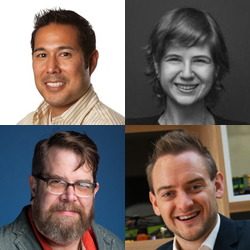 In this episode of Community Signal, Patrick talks to four past guests of the show,
In this episode of Community Signal, Patrick talks to four past guests of the show, 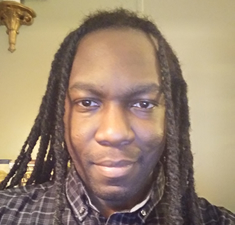 As classrooms have gone virtual and people are spending more time online,
As classrooms have gone virtual and people are spending more time online,